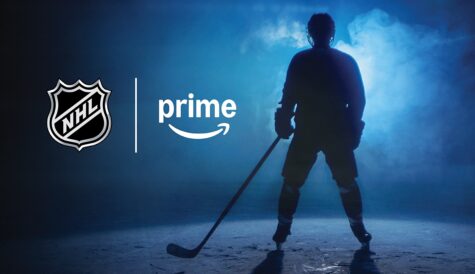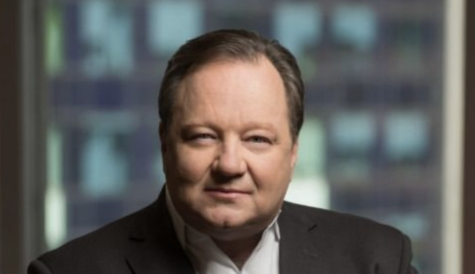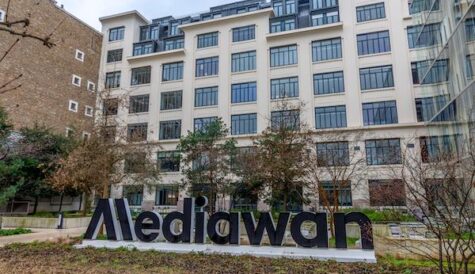DTVE Interview: Johannes Larcher, head of HBO Max Global
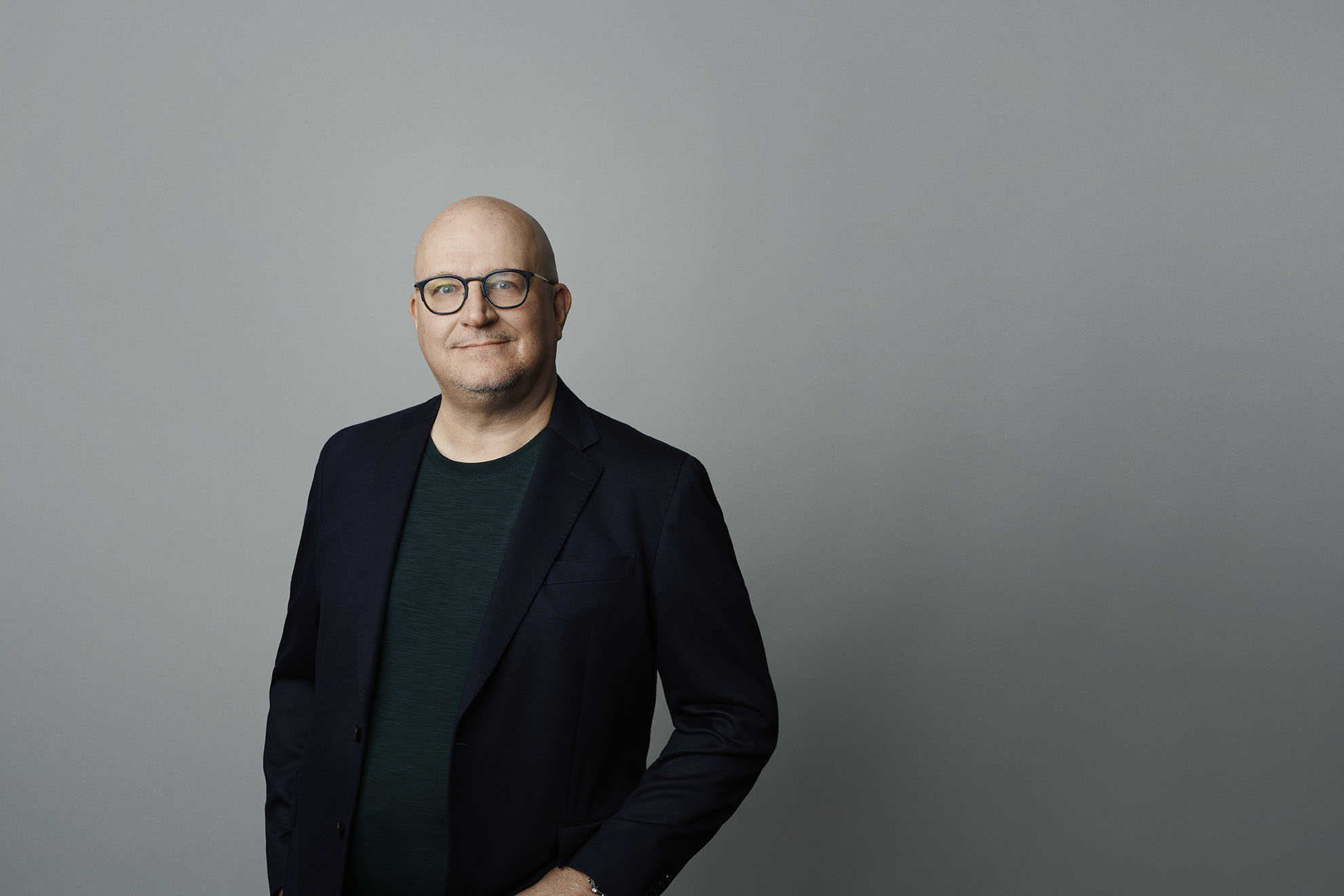
Johannes Larcher
On the eve of its expanded rollout in Europe, HBO Max global head Johannes Larcher talks to Jonathan Easton about the streamer’s content strategy, the lessons learned from previous launches and the excitement surrounding WarnerMedia’s merger with Discovery.
WarnerMedia is showing no signs of slowing down.
Despite its ongoing mega merger with Discovery to create Warner Bros. Discovery, the company still under the purview of AT&T is continuing its streaming drive with its flagship product HBO Max.
The streamer first launched in the US in mid-2020, and has since gone on to establish itself as one of the big players in the market. HBO added 13.1 million subscribers in 2021 to reach a total of 73.8 million – not quite Netflix or Disney+ levels, but it is active in significantly fewer markets with scope for expansion.
The latest expansion for HBO Max is in Europe, adding 15 additional markets to the handful it initially rolled out to in October 2021. For those keeping track at home, HBO Max is now streaming in 61 territories worldwide, with this latest phase focusing on Eastern Europe.
 New markets where HBO Max is available include: Bosnia and Herzegovina, Bulgaria, Croatia, Czech Republic, Hungary, Moldova, Montenegro, Netherlands, North Macedonia, Poland, Portugal, Romania, Serbia, Slovakia, and Slovenia.
New markets where HBO Max is available include: Bosnia and Herzegovina, Bulgaria, Croatia, Czech Republic, Hungary, Moldova, Montenegro, Netherlands, North Macedonia, Poland, Portugal, Romania, Serbia, Slovakia, and Slovenia.
Speaking to Digital TV Europe on the eve of HBO’s biggest European launch to date, Johannes Larcher, head of HBO Max International displays a positive attitude towards the streamer’s ongoing development.
“Things are going well,” he says, speaking from the company’s office in Hungary. “Many of us have gathered here in Budapest as a team for the launch. We think we have a good chance – even with some of the geopolitical drama going on right now to the east – of finding success with our audiences.”
The drama to which Larcher alludes is Russia’s ongoing invasion of Ukraine, something which has been felt across all industries including TV and streaming. Netflix has shut down its operations in Russia, while regulators and operators across the continent have taken action against the state-backed news broadcaster RT.
The exec tells DTVE that HBO Max will not launch in Russia due to its “self-induced removal” from the plan to be in “190 countries across the globe by 2026”.
“Our goal is to be everywhere we can legally be in every market now,” he says. “In an ideal world, you would launch in every country at the same time immediately, but there are several constraints that govern our measured rollout path across the globe.”
The news of invasion is unavoidable, and Larcher says that the company has doubled employee donations to relief efforts in Ukraine as a result: “We’re donating a substantial amount of cash to the Red Cross in Poland and Romania, and in Hungary this week, so we’re trying to do what we can to help, but I think it’s important we do not let this event and this war stop us from doing what is right for our fans.”
Existing ties and content offerings
While extraordinary geopolitics are one unprecedented factor that has impacted immediate plans for Warner, a far more usual story is that of content rights – another aspect that is informing where the company brings its streaming product.
Despite lofty plans for the coming years, we know for certain that there are no immediate plans to bring HBO Max to markets including the UK, Germany, Italy and France where it has existing tight-knit content deals with operators such as Sky and Orange.
Warner is being aggressive in its expansion efforts, but it does not want to rock the boat too much.
“Some of our most valuable content is licensed on a long term basis,” Larcher says. “Those deals however are not forever and the content will revert back to us. Until then, we work very closely with these partners. They are super important to us. The relationships generate a lot of revenue and cash that helps fund the rollout of Max in other territories and they also helped popularise our content in these countries.”
Unlike some of its contemporaries with large libraries but little ‘killer’ content, HBO practically invented the concept of prestige television with shows like The Wire and The Sopranos and has since gone on to create an unrivalled portfolio of iconic shows ranging from Game Of Thrones and Curb Your Enthusiasm to more recent hits like Euphoria and White Lotus.
These, along with shows and movies from brands like Warner Bros., Cartoon Network, DC and originals created for HBO Max like Peacemaker, combine to create what Larcher describes as a “world class streaming service.”
Larcher also highlights a focus on localisation both in terms of content and platform.
In regards to content, Larcher says that the “foundation of our content lineup is always going to be the amazing Warner media content from the United States,” but notes that there are markets like Japan and Korea where local content dominates.
“Local content does matter,” he says. “And that content now also travels to all the other Max markets around the world.”
With this in mind, Warner has produced originals in Scandinavia, Spain, Poland, Romania, the Czech Republic and Hungary among others.
Larcher surmises: “We are diversifying where we source content and that type of content we bring to our audiences. We’re committed to creating content from the region for the region. We think it’s important for acquisition. It’s important for engagement and it’s important that we play a role in the European audiovisual industry and support storytellers and creatives that deserve to be heard.
“We are stepping up our commitment and investment into that type of content. Our goal is to produce at least 12 scripted drama series in Europe in any given year.”
Teething issues
There are also technical hurdles facing HBO Max in rolling out across so many markets at once, and this is a lesson that the company has learnt from the launch in late 2021 Larcher says.
“You learn every time with a major launch like this. This launch will be a bit different in that the number of languages we are having to support here is tremendous. I think it’s over 15 different languages that we need to support whereas in Latin America despite 39 countries it was only two languages. So there’s complexity that is associated with that.”
Europe is also a significantly more mature streaming market than LATAM, so the company is focusing on aggressive promotional pricing in an effort to attract eyeballs from day one.
All customers in Central and Eastern Europe and Portugal who sign up at launch are offered more than 30% off the monthly price for the lifetime of their subscription, while the company is offering 50% off its standard and basic tiers in the Netherlands.
“Pricing attractively and for value is really, really important,” he outlines. “We are not the first streaming service to come to these markets. We’re not the biggest at this point and we have to, we have to give consumers a reason to try us. We have to remove friction from trying us. If you so want, and price value plays a role in depth.
“We are very happy with the pricing decision and the packaging decisions that we’ve made so far.”
The topic of lifetime pricing promotions in Europe – where others like Disney have offered a year’s discount – was a hotly contested one for the streamer, Larcher reveals.
“This promotion was not without debate or controversy internally,” he says. “But what we’ve seen is that it really works. It brings forward a lot of demand, it’s super attractive for consumers, generates a lot of word of mouth and it also creates a cohort of subscribers that is very loyal. We see very low churn numbers and very high lifetime value from these consumers when we acquire them.”
This is partly informed by the Nordics and Spain, where the company offered discounts for new subscribers, but this omitted existing subscribers of HBO Go. “It led to many consumers who had been with us for a long time cancelling their existing subscription and re-subscribing to HBO Max,” he says.
A fresh start
Branding for HBO Max was something of an issue for the streamer upon its initial launch in the US in 2020.
At the time, Warner was operating HBO Now and HBO Go – two streaming services which effectively offered the same content but via a standard subscription vs TVE. This eventually was clarified by numerous articles and explainers, and now HBO Max stands as the sole streaming offering under the HBO banner.
In many of the new markets however Warner is facing the polar opposite situation: entering into a number of markets where its content is known but the HBO brand itself is non-existent.
“We are launching the brand and the service in the Netherlands for the first time and it will be interesting there,” Larcher says. “It’s a new kind of challenge, we have to build the brands of HBO and HBO Max which do not necessarily mean a lot to consumers today because our content was distributed by third parties.”
Larcher however feels that, based on a recent launch event hosted in Amsterdam, “ Dutch consumers will really embrace what we have to offer.”
That is not to say that HBO is a complete unknown in Europe however, and Larcher highlights this being an issue in and of itself. “Converting an existing base of several million subscribers in Eastern Europe from one brand to HBO Max is a steeper challenge, but we look forward to it because we think we have a great chance.”
Discovering the future
While the aforementioned prestige series are the bread-and-butter for HBO, the company is also expanding into non-scripted content in Europe for the first time, producing documentaries, reality TV and lifestyle shows.
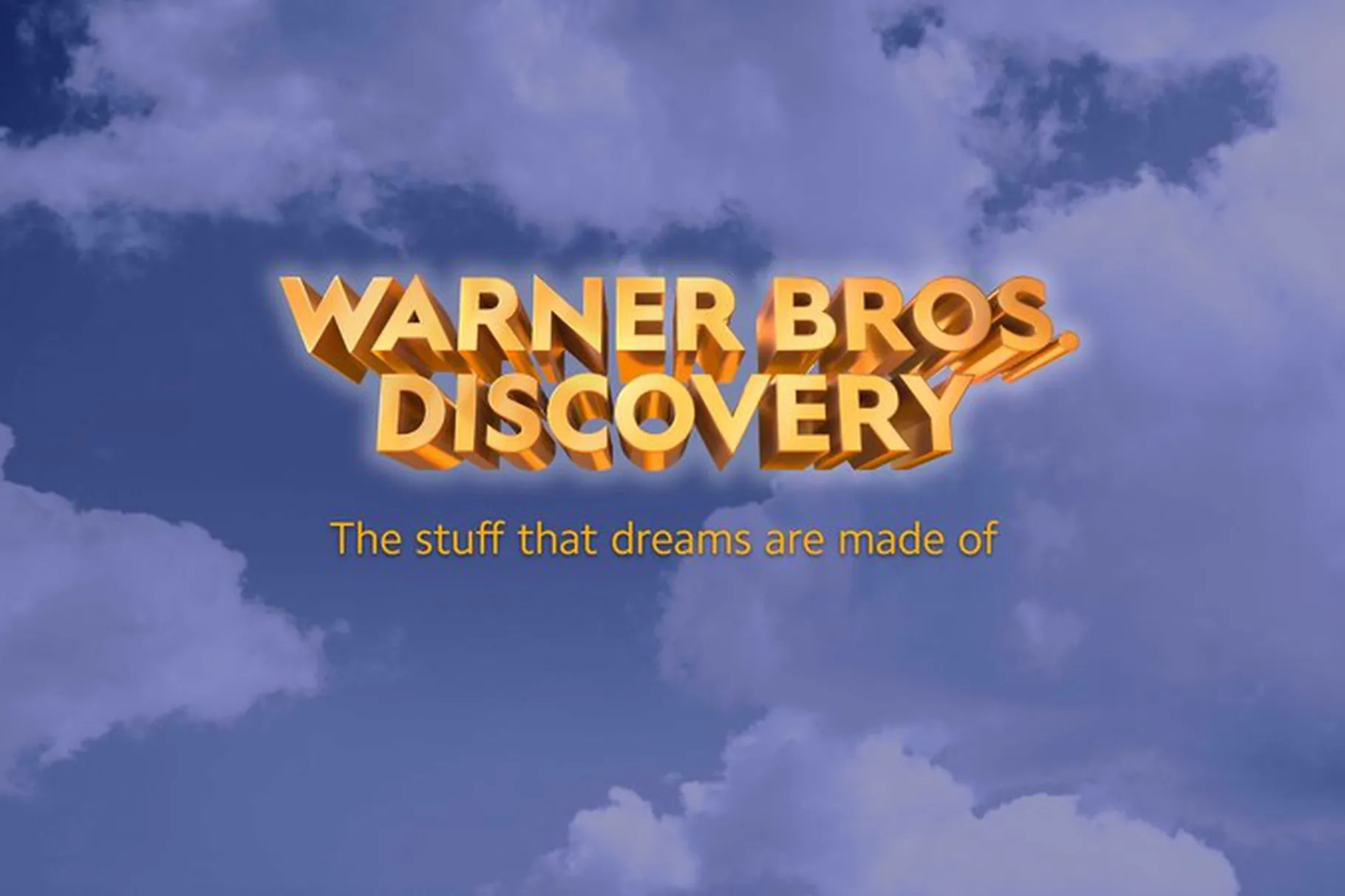 If this type of content seems familiar, it’s because that type of show is to Discovery what big-budget dramas are to HBO.
If this type of content seems familiar, it’s because that type of show is to Discovery what big-budget dramas are to HBO.
Larcher however has little insight on the merger and what it means for HBO Max going forward.
“The deal is obviously not done and approved yet,” he says.” We’re still quite a while away from that and frankly we haven’t fully started engaging in all the details of what this combination will ultimately mean and represent.”
Larcher says that the integration with Discovery “appeals to a slightly different segment of our audience – more female, maybe younger, maybe more diverse.”
“How that content gets distributed, whether this is inside HBO Max as a separate service, bundled or not bundled… I can’t really talk about that yet and we’ll need to wait and see how that comes together.”
While the merger between Discovery and WarnerMedia will undoubtedly have an impact on HBO Max in the coming years, under the watch of Johannes Larcher, the streamer is on a steady course of growth and expansion, and is increasingly justifying its position in the market.
For now in Eastern Europe, Portugal and the Netherlands, aggressive pricing combined with a stellar content portfolio should provide a welcome boost to HBO Max and it is only a matter of time until the streamer surpasses that enviable milestone of 100 million subscribers globally.



